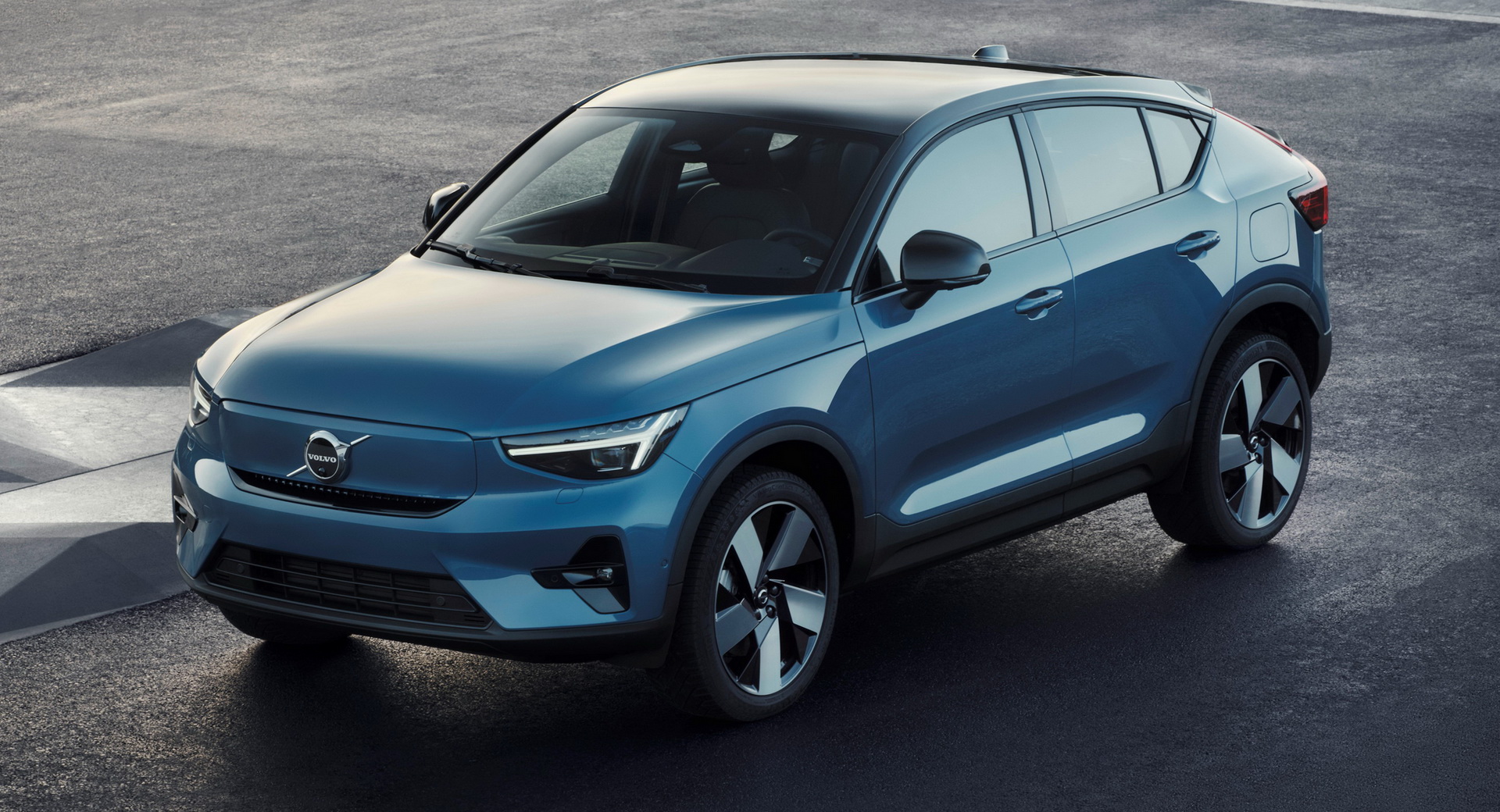Volvo dealers in the United States have expressed trepidation over the automaker’s plan to move to an online-only, fixed-price sales model for its next-generation electric vehicles.
Volvo intends to become an all-electric brand by 2030 and the newly-announced C40 Recharge crossover must be reserved online. The brand’s plans will also involve it keeping a central stock of vehicles and delivering customer-ordered cars to stores, as opposed to dealerships ordering and carrying their own inventory.
However, many of the brand’s 281 dealers in the U.S. are “concerned and fearful” about the shift to online sales, Volvo Retail Advisory Board chairman Ernie Norcross told Auto News.
“Dealers always want to control the consumer experience from start to finish. If we don’t control the buying experience, how are we anything but a delivery and service center?”
Read More: Volvo To Kill Their ICE Offerings By 2030 – New Cars To Be Online-Exclusive Pure EVs
Volvo Cars USA chief executive Anders Gustafsson quickly responded to these concerns, insisting that dealerships will continue to sell the vehicles and maintain relationships with customers.
“We have been very clear with that,” he said. “We will, of course, push things a little bit and see if we can develop this industry, especially related to digitalization.”
Even so, dealership owners like Adam Simms believe the dealership experience extends far beyond simply selling vehicles to consumers: “We have to engage with the prospect not just on the product, but on their passion about what they want to drive. I am not sure a website emotionally engages people like humans do.”
Volvo is looking to scrap the traditional model of selling that often sees dozens, if not hundreds, of vehicles sitting on dealerships’ lots, stating that selling cars based on “how many cars you have outside your dealership” has created an “unhealthy focus” for the brand.
To ensure the online sales model is a success, Volvo will need to ensure that it fills digital orders quickly to make sure customers don’t have to wait too long to take delivery. In a bid to improve the speed of deliveries, while also reducing production complexities, the brand will limit the number of variants and packages it offers on its electric vehicles.
“We have 1.6 million different versions in our product portfolio, and that is not smart,” Gustafsson commented. “It’s very, very complicated for the manufacturing structure [and expensive for dealers]. We need to… make sure we have the most beautiful cars in our portfolio with the specifications that customers are asking for.”









